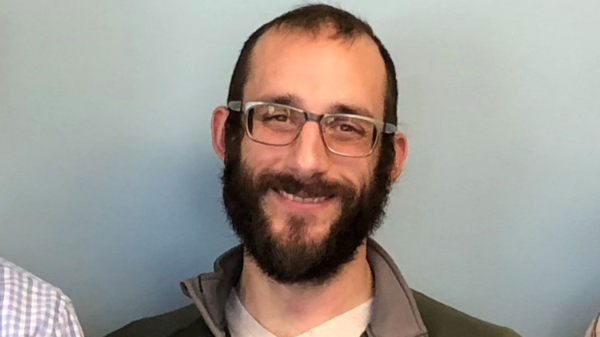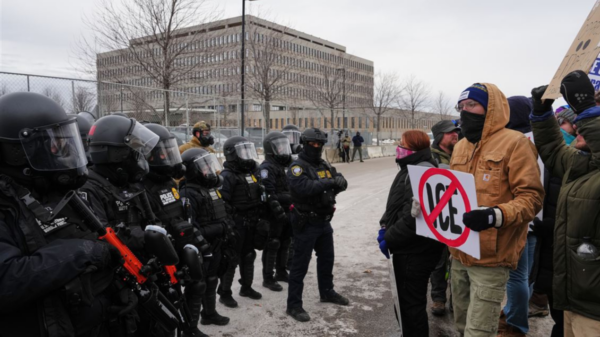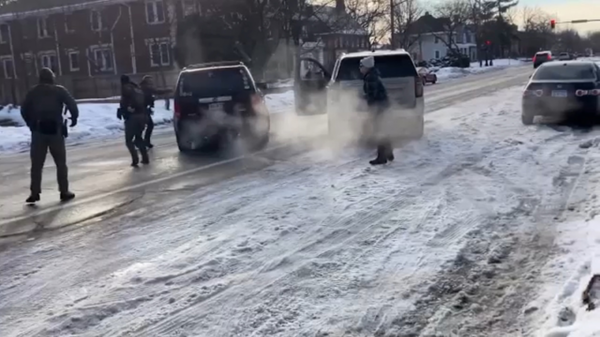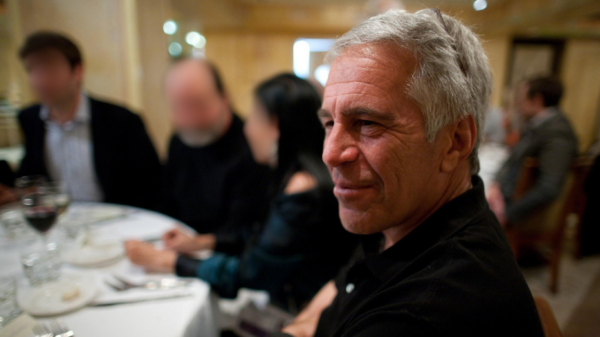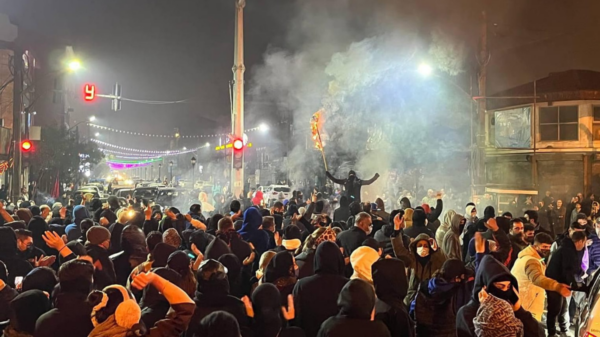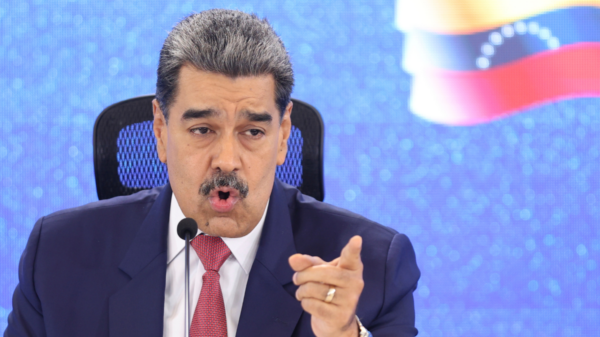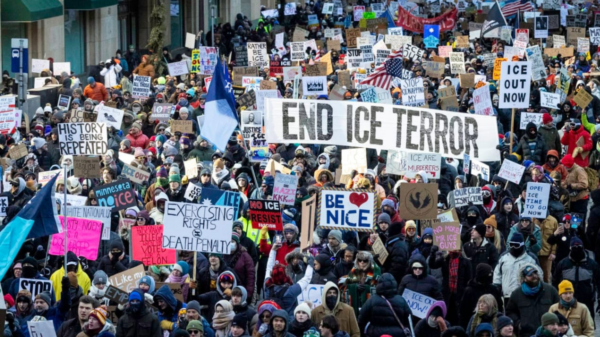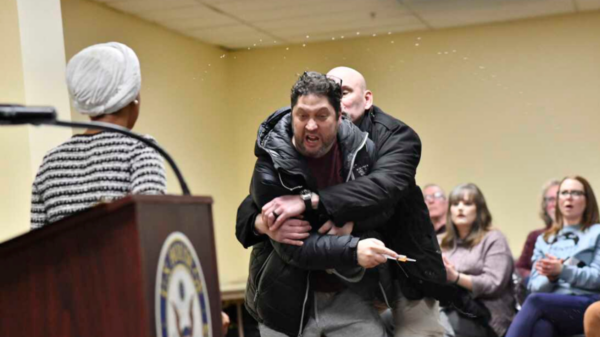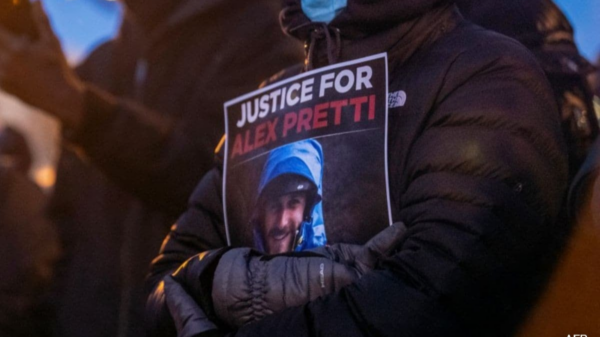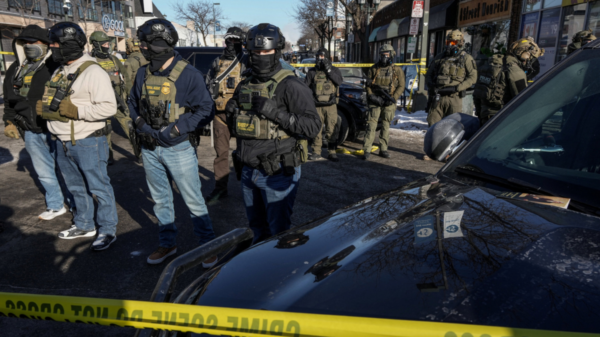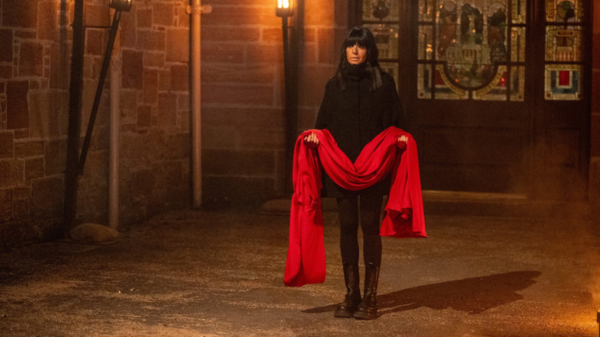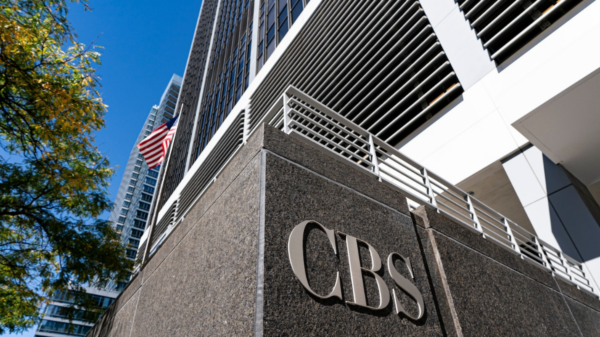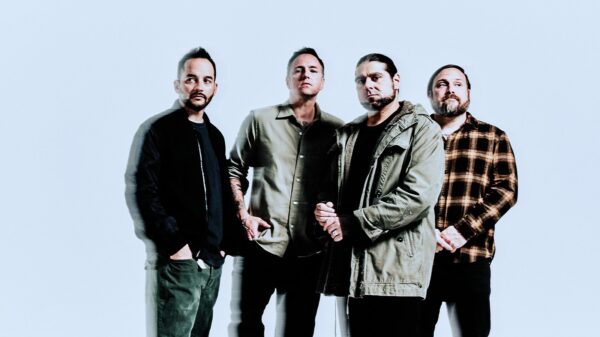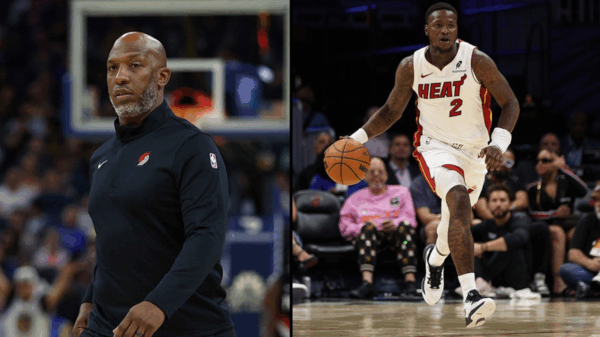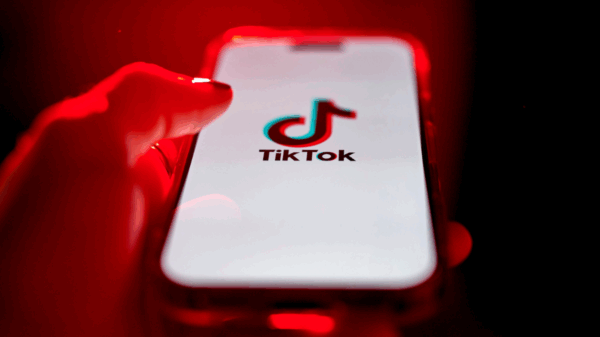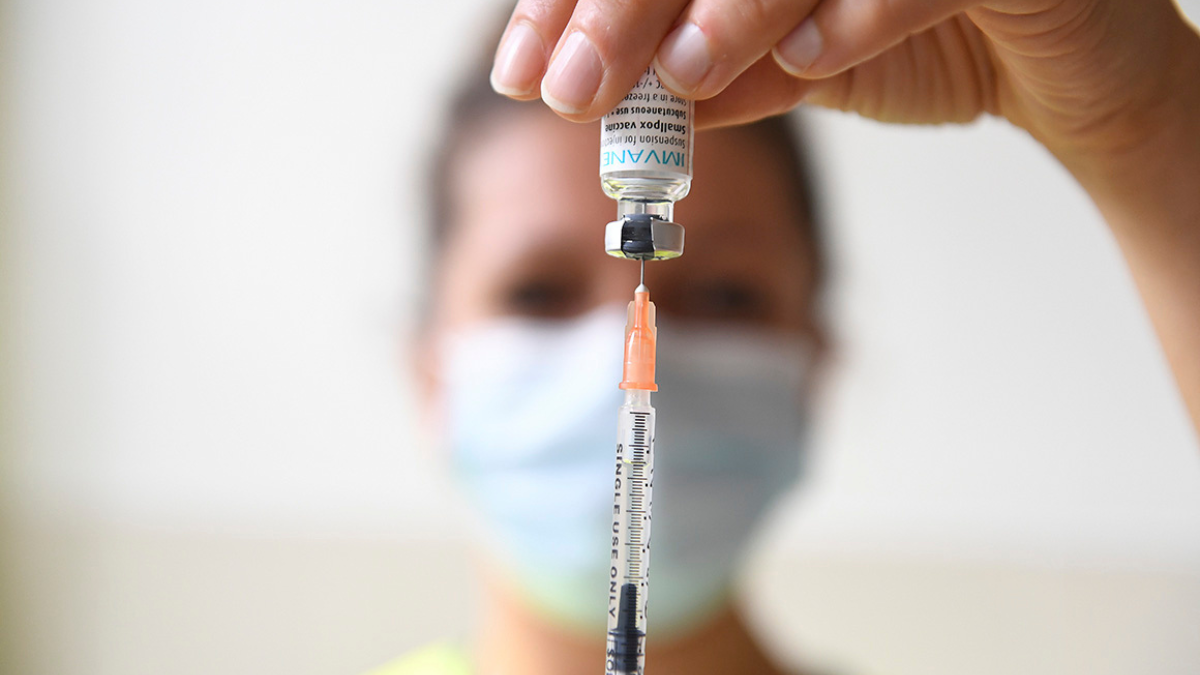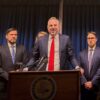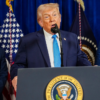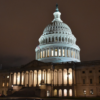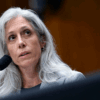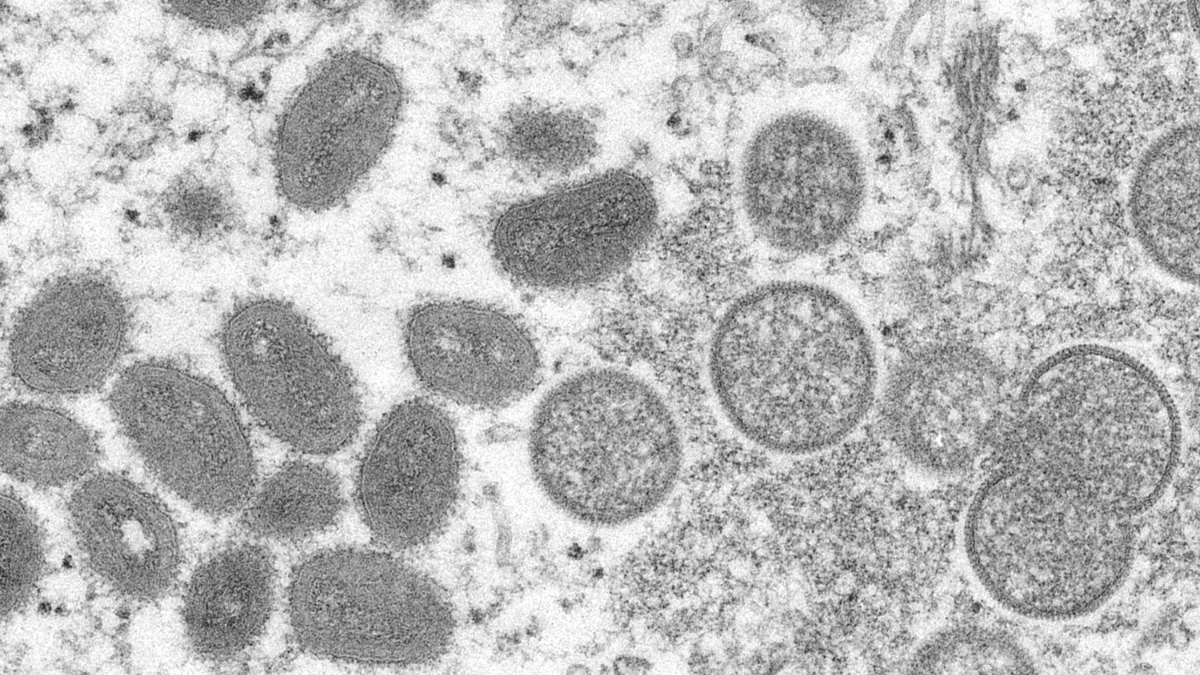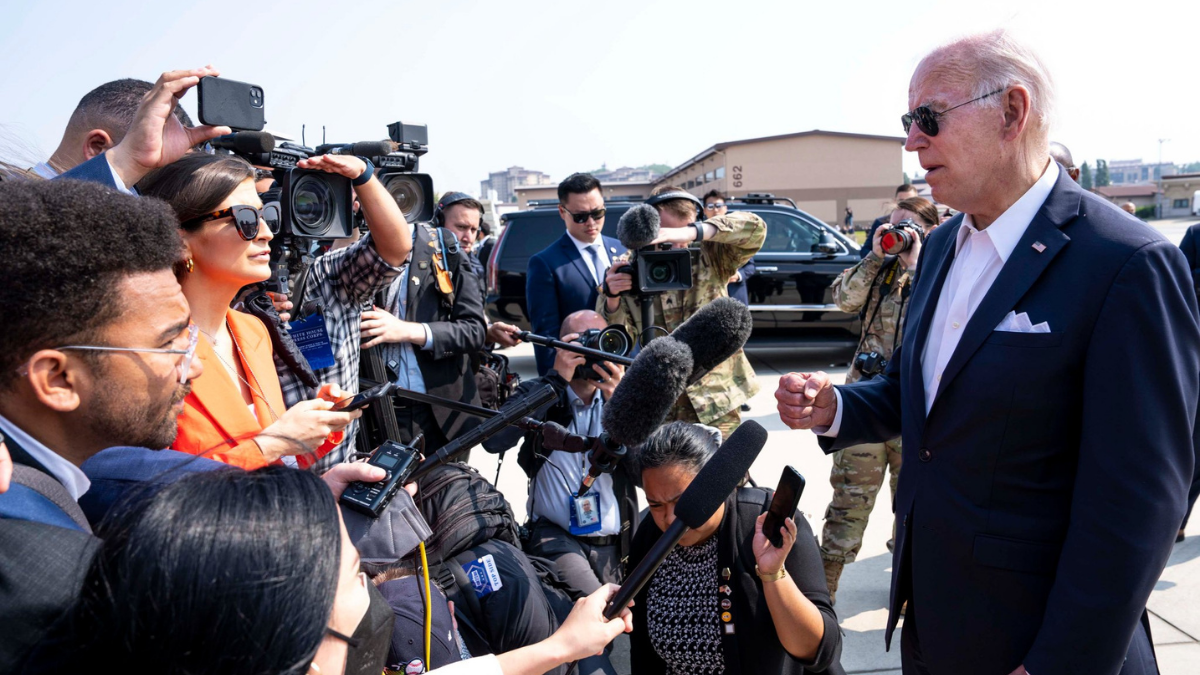WASHINGTON (Fwrd Axis) — After some internal discussions, the Biden administration declared monkeypox a public health emergency on Thursday.
The declaration will now allow access to emergency funds, allow health agencies to collect more data about cases and vaccinations, accelerate vaccine distribution and give doctors more freedoms to prescribe treatment.
The news comes as cases have risen to 6,600 nationwide. New York, California, and Illinois all declared public health emergencies last week with the majority of cases in New York and California.
“We’re prepared to take our response to the next level in addressing this virus and we urge every American to take monkeypox seriously and to take responsibility to help us tackle this virus,” Department of Health and Human Services Secretary Xavier Becerra said in a Thursday briefing.
The World Health Organization declared monkeypox an international public health emergency last month, a move reserved only for the most severe global disease outbreaks. According to the Centers for Disease Control and Prevention, at least 26,200 monkeypox cases have been confirmed worldwide.
Monkeypox is mainly spread by men who have sex with other men but anyone can get it. The W.H.O. has advised men who have sex with men to limit their number of sexual partners and reconsider sex with new partners until the outbreak is more contained.
The average U.S. monkeypox patient is around 35 years old but there are cases when young children can be infected.
“We continue to marshal forward the tools that we need to make sure that we can take on monkeypox and keep it from spreading to the point of becoming endemic,” Becerra said.
“There should be no reason why we can’t stay ahead of this if we all work together,” he added.
The United States has distributed 600,000 of the 1.1 million available doses of the Jynneos vaccine, which is a two-shot vaccine.
“Right now we’re really only testing at about 10% of the capacity we have. We are encouraging anyone who has a rash that could be monkeypox to present for testing,” CDC Director Rochelle Walensky said.

